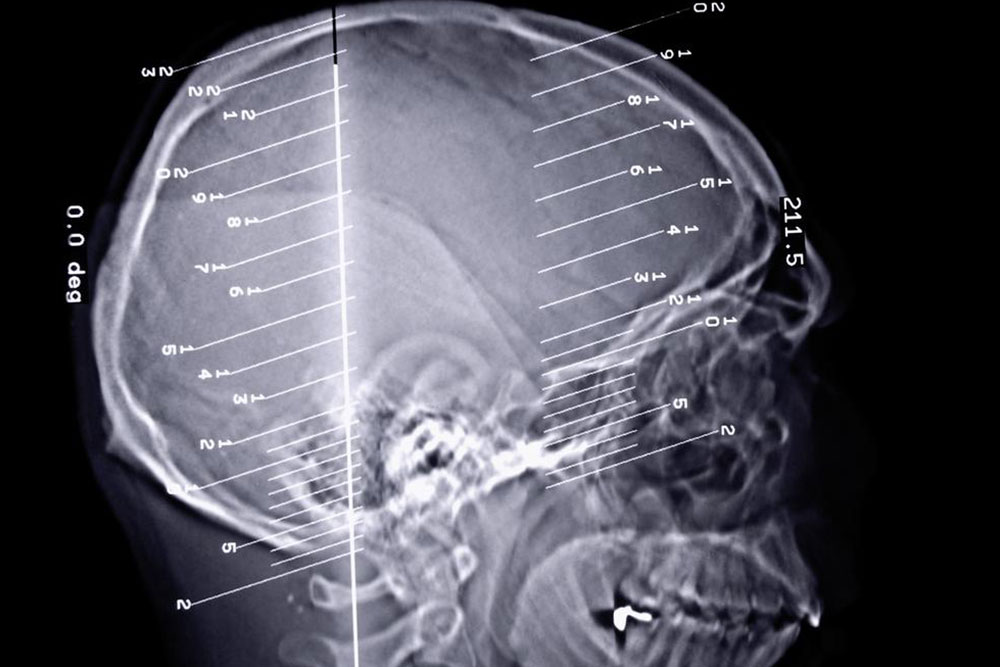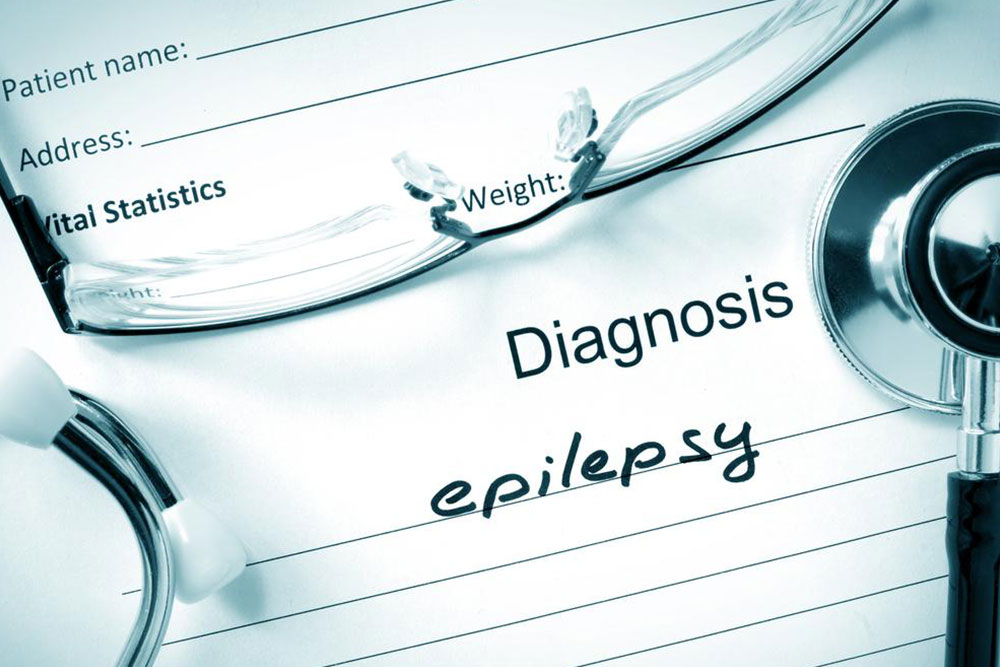Recognizing Early Signs of Brain Tumors You Should Be Aware Of
Learn to identify early signs of brain tumors, including seizures, coordination issues, numbness, cognitive changes, and nausea. Recognizing these symptoms early can lead to prompt medical intervention, improving outcomes. This guide emphasizes the importance of seeking professional care if these signs are present, providing vital information about potential brain tumor indicators and encouraging proactive health monitoring.

The manifestation of a brain tumor largely depends on its location within the brain. For example, a tumor near regions controlling movement or vision can lead to symptoms like muscle weakness or blurred eyesight. These symptoms can be either localized or systemic. Specific signs emerge when particular brain areas are affected, while general symptoms may occur due to increased pressure on the brain or spinal cord.
The brain is the control center of the body, and since tumors can develop from any of its cells, early indicators can vary widely. Here are some common early symptoms:
Seizures – Brain tumors can disrupt neuronal activity, leading to uncontrolled muscle movements or convulsions, which may affect parts of the body or the entire body.
Coordination Issues – Tumors impacting motor control regions can cause slurred speech, swallowing difficulties, imbalance, or clumsiness.
Numbness – When tumors involve the brain stem, symptoms such as tingling, loss of sensation, or weakness in limbs might occur.
Memory and Cognitive Problems – Early symptoms may include decreased concentration, mild forgetfulness, or confusion, indicating possible brain tumor development.
Nausea – Persistent, unexplained nausea, especially in the mornings, can be an early warning sign.
Additional signs include vision problems, headaches, hormonal disturbances, and personality changes. Prompt medical evaluation is essential if these symptoms appear.










